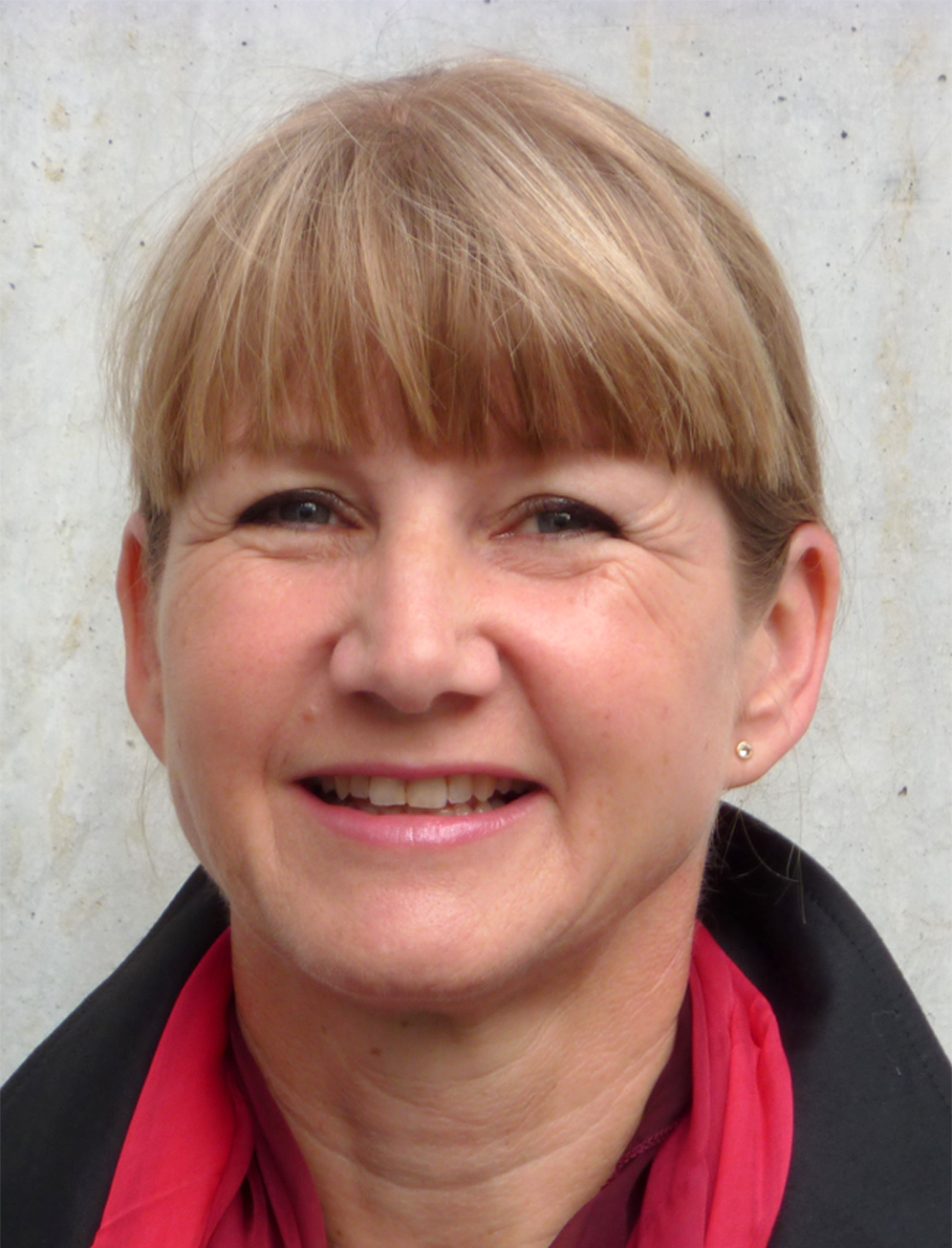Prof. Dr. Regina Hofmann-Lehmann

Clinical Laboratory, Vetsuisse Faculty, University of Zurich;
Center for Clinical Studies, Vetsuisse Faculty, University of Zurich
Clinical Laboratory
Center for Clinical Studies (ZKS)
Contact
This research group investigates scientific questions of clinical relevance using molecular tools in the field of clinical infectiology and laboratory medicine.
Primarily, we are studying retroviral infections. We have developed molecular tools to investigate the host-virus interaction, pathogenesis and immunoprophylaxis for infectious diseases in cats. Our retroviral studies are financially supported by the Swiss National Science Foundation. The animal models used, the feline immunodeficiency virus and the feline leukemia virus in the outbred species domestic cat, are well-known animal models for retrovirus and tumor research. We are currently focusing on the role of provirus carriers in the biology and epidemiology of retroviral infections and the analysis of progeny viruses that develop over time under the pressure of the immune system within a host. Moreover, we now aim to develop antiretroviral strategies to reduce virus loads and specifically destroy FeLV provirus reservoirs. Finally, since both viruses are associated with tumor development, we are looking at potential tumor markers with the goal to establish diagnostic markers for tumor genesis.
On the other hand, the group has also great experience with hemotropic Mycoplasma infections, bacterial infections that induce infectious anemia in various mammalian species. The group has discovered a novel feline hemotropic Mycoplasma species in a domestic pet cat with anemia and has molecularly characterized this pathogen (“Candidatus Mycoplasma turicensis”). We have identified, expressed and characterized the first recombinant protein/antigen of feline hemotropic Mycoplasmas. Currently, we are investigating the host-pathogen interaction and protective mechanisms in the cat model.
The group has access to a confined university facility specifically designed to keep specified pathogen-free cats in groups under etiologically and hygienically ideal conditions and we have long standing experience with these animal models.